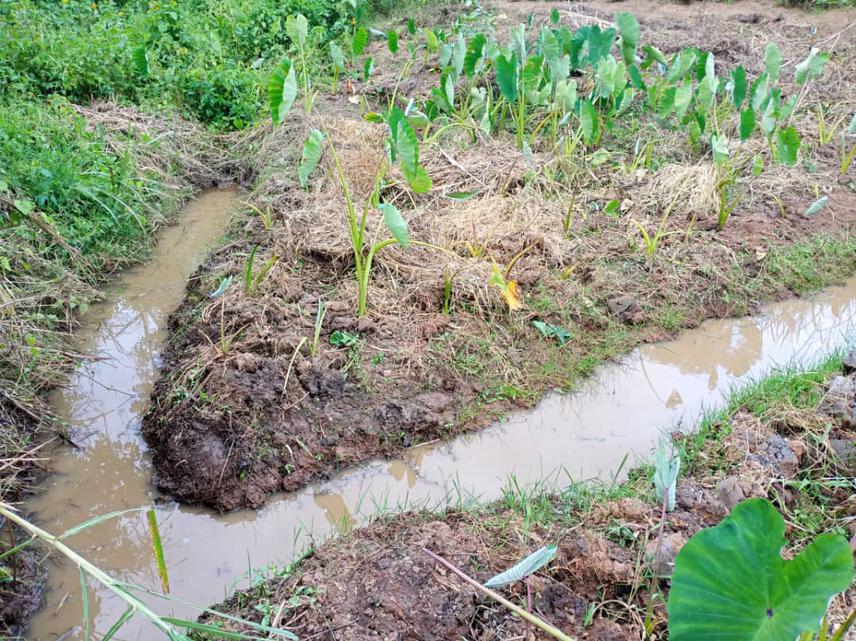Bruce Ainebyona
Other projects
3 Nov 2023
Primate Monitoring as a Tool to Promote Human-Wildlife Coexistence in Magombe and its Tributary Wetlands/Forest Patches
Many locals around Magombe wetland have some level of appreciation and positive attitude towards the main wetland. This is because of its size, it has a number of wildlife species, and KAFRED management has used ecotourism as a tool to conserve this resource. However, many locals do not consider the small streams and catchment wetlands that feed the main wetland as part of the main Magombe ecosystem.
Therefore, there has been increased levels of wetland reclamation mainly arising from lack of awareness, rapid population growth, increased demand for land for agriculture and poor farming methods.
This alteration of the small streams and wetlands through changes in surrounding vegetation and unsustainable practices hardens soil surfaces, and the total elimination of some small stream disrupts the quantity and availability of water in the main wetland and river system, hence affecting the local population and biodiversity in the area (Meyer et al 2003).

Some of the small streams that are being drained for farming.
Under this project, the team will work with local communities to enable them to appreciate the importance of these small streams and wetlands, and work with them to conserve the small streams and wetlands as part of the bigger Magombe ecosystem, an important wildlife corridor for Kibale National Park.
The project will include the following activities:
Stakeholder engagement: The project team will hold stakeholder meetings on the conservation of the greater Magombe ecosystem, where we will highlight what was achieved in the first project and identify the gaps as well. We will then discuss ways how the gaps can be addressed, discuss and seek views from the stakeholders on how to go about the second phase project which focuses on the small wetlands and streams in the area.
Education and awareness: We will conduct five awareness meetings to inform and educate the targeted 100 people about the importance of the small wetlands and streams, as well as the purpose of the project and details of what the project will entail. The awareness program will also include three radio talk shows on one of the local FM stations.
Implementing and supporting sustainable practices: Selected neighbours of the wetlands and streams will be supported with knowledge, skills and some inputs to implement sustainable practices such as agroforestry, afforestation, sustainable and regenerative agriculture, kitchen gardening, beekeeping among others, which can help conserve the wetlands and streams.
Monitoring and evaluation: We will monitor progress of the sustainable practices in the second and third quarter.